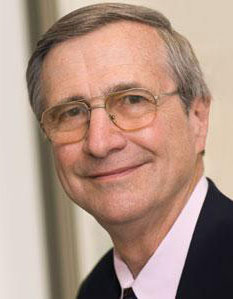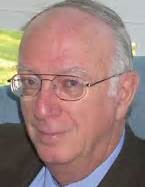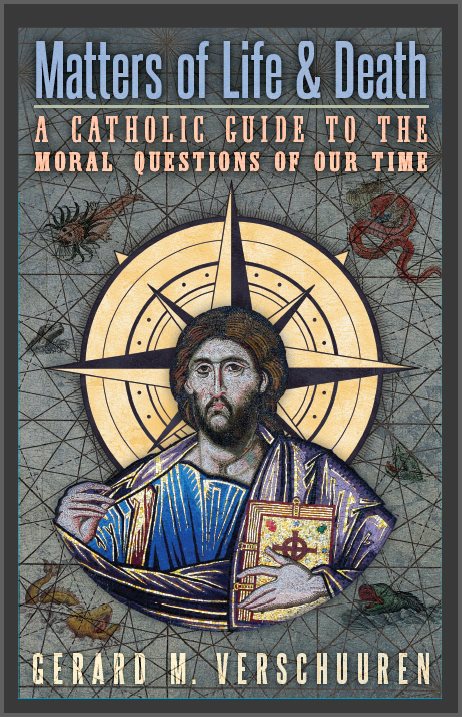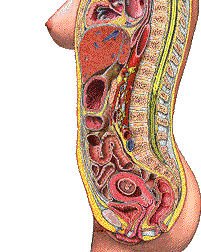Summary
We live in a time of very divergent opinions about right and wrong, life and death, sexuality and sex, pro-life and pro-choice, prolonging life and shortening life. We all wonder what can help us to pilot through the raging waters of this turbulent ocean. Where do we find sound judgments in the midst of these debates? What we need more than ever is a moral compass.
Quite a few animals have a built-in compass. We don't exactly know how it works, but it does work. It lets monarch butterflies migrate south in the winter and back, it lets honey bees find their nest back, and it lets homing pigeons return to their home. But human beings do not have such a compass, so they can go easily off track. They need special tools to help them go in the right direction, such as a magnetic compass or a GPS device.
But such tools will not help anyone to navigate on moral terrain. That's why we can easily get lost in moral dilemmas, unless we have also some kind of moral compass.
This book offers you a Catholic compass. The word Catholic is used in a double meaning here. The compass of this book is Catholic in the sense of global and universal - a beacon for all the world to see. It is also a compass that is Catholic in another sense: It has been given to us by the Catholic Church, who has withstood the worst gales of history for more than two millennia. As G.K. Chesterton put it, "I don't need a church to tell me I am wrong where I already know I'm wrong; I need a Church to tell me I am wrong where I think I'm right."
| |
|
Endorsements

| "We have long needed a book for non-specialist readers accurately explaining the scientific background of important bioethical issues and showing how basic moral norms guide our thinking about them to sound conclusions. Now we have it. I congratulate Gerard Verschuuren for meeting so vital a need.”
Robert P. George
McCormick Professor of Jurisprudence, Princeton University
Visiting Professor of Law, Harvard University
|

| "Matters of Life and Death is a masterpiece of clarity and common sense. Yet many today deny its conclusions, especially in media and academia."
Peter Kreeft,
Professor of Philosophy, Boston College, MA
|

| "When we are lost in the woods, we need a compass. William J. Bennett produced The Moral Compass in 1995. But it did not, as does Verschuuren's book, deal with the specific problems that plague our time, ranging from abortion to in-vitro-fertilization. To his credit, Gerard Verschuuren deftly manages, in a most readable manner, to align common sense, conscience, nature, and human rights in the same direction, toward a True North that is Catholic in both senses of the word: for everyone and consistent with the Catholic vision."
Donald T. DeMarco
Adjunct Professor of Philosophy
Holy Apostles College and Seminary, Cromwell, CT
|
"Gerard M. Verschuuren, a geneticist and philosopher of science, cuts through the lies that disorient us and offers us a 'moral compass'... in this most engaging book."
|
"I heartily recommend this book. The need is urgent for people of intelligence and knowledge to provide enlightenment for a world where perplexity about life and death issues has reached a critical point."
|
"This book informs, it motivates and perhaps most importantly it awakens the conscience to see the will of God when faced with incredibly difficult situations and intense suffering. It insists on the necessity of making informed decisions, even if these be counter-cultural."
|

|
|
|



 5. ABORTION a. A Conflict of Interests b. A Conflict of Rights c. Crisis Situations 6. EUGENICS a. Negative Eugenics b. Positive Eugenics c. Genetic Manipulation d. The Overpopulation Myth 7. SEX AND GENDER CHANGE a. The Biology behind It b. The Morality behind It c. Homosexuality 8. EUTHANASIA a. What is a Meaningful life? b. Prolonging Life c. Shortening Life d. How Dead Is Brain-Dead 9. ATTEMPTS TO UNDERMINE MORALITY a. Relativism b. Reductionism 10. A BATTLEFIELD OF GOOD AND EVIL 11. CONCLUSION
5. ABORTION a. A Conflict of Interests b. A Conflict of Rights c. Crisis Situations 6. EUGENICS a. Negative Eugenics b. Positive Eugenics c. Genetic Manipulation d. The Overpopulation Myth 7. SEX AND GENDER CHANGE a. The Biology behind It b. The Morality behind It c. Homosexuality 8. EUTHANASIA a. What is a Meaningful life? b. Prolonging Life c. Shortening Life d. How Dead Is Brain-Dead 9. ATTEMPTS TO UNDERMINE MORALITY a. Relativism b. Reductionism 10. A BATTLEFIELD OF GOOD AND EVIL 11. CONCLUSION


